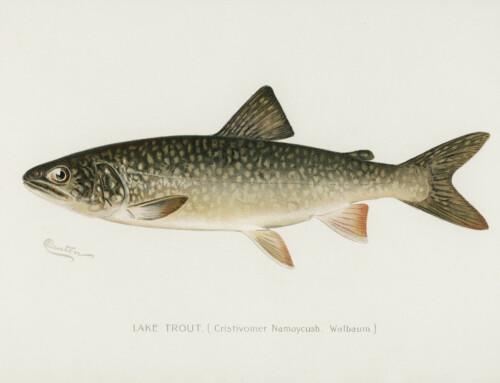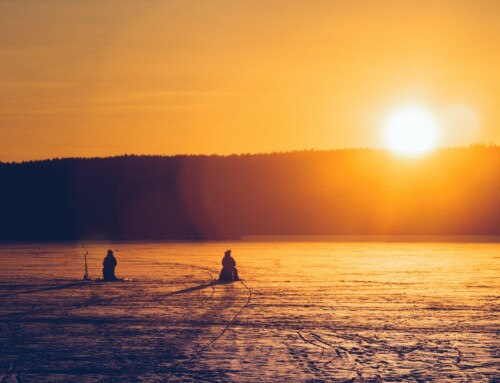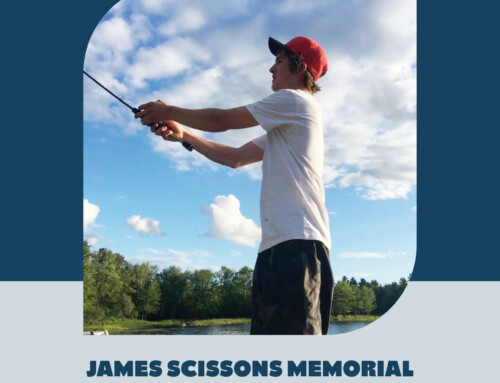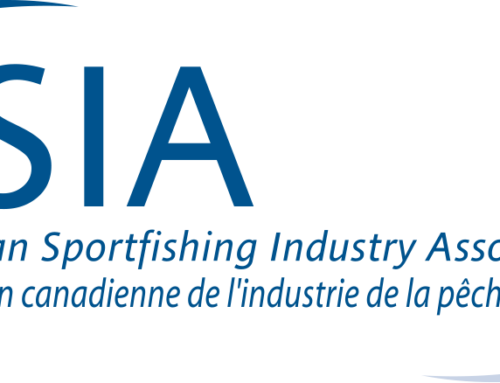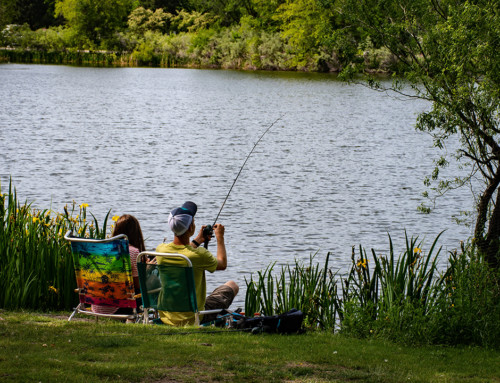Originally Published by CBC, August 7, 2015
By Alison Chiasson
The new Fisheries and Oceans Canada report is outlining 61 recommendations to protect wild Atlantic salmon.
The report is the federal department’s latest effort to protect the salmon population since the catch-and-release rule was mandated this year.
The rule was put in place after a 2014 survey showed the lowest number of salmon returning to rivers in the Maritimes since 1979.
The Miramichi River saw fewer than 18,000 salmon return last year. Now, any salmon caught in the Maritimes must be thrown back.
The recommendations were drawn up by the Ministerial Advisory Committee for Atlantic Salmon.
The advisory committee made 61 recommendations that covered issues of conservation, enforcement and predators.
For instance, one of the federal report’s recommendations calls for more investment into habitat improvement. A water diversion project in Ludlow is diverting salmon to cooler areas of the river.
Salmon pools have been closed repeatedly in recent years because of warm water temperatures.
Outfitters hopeful about report
Salmon outfitters along the Southwest Miramichi River were happy to see the river-by-river management program acknowledged in the advisory committee’s report.
Vince Swazey, a director of the Miramichi Salmon Association, had been fighting for individual governing bodies to oversee each river’s unique salmon health.
“They could say no fish to be killed on the Renous River or no fish to be killed on the Little Southwest or no fish to be killed above a certain river on this area.”
Swazey said this will need to be worked out with Fisheries and Oceans Canada but is essential to river health.
Renate Bullock, a fishing guide along the Southwest Miramichi, agreed that changes need to be made.
She said the department’s oversight hasn’t allowed for sufficient monitoring.
“I have yet to see anything good come from it,” Bullock said.
Bullock said one of the biggest factors of habitat conservation hasn’t been addressed.
She said that silt from clear-cutting in the area has collected on riverbeds where the salmon lay their eggs.
Although that specific complaint wasn’t outlined as a recommendation, she said she remains optimistic about that being addressed in the future.
“I like to think that those who are in charge know what they are doing. I have my fingers crossed anyway,” she said.
Photo courtesy of Matt Hintsa.



